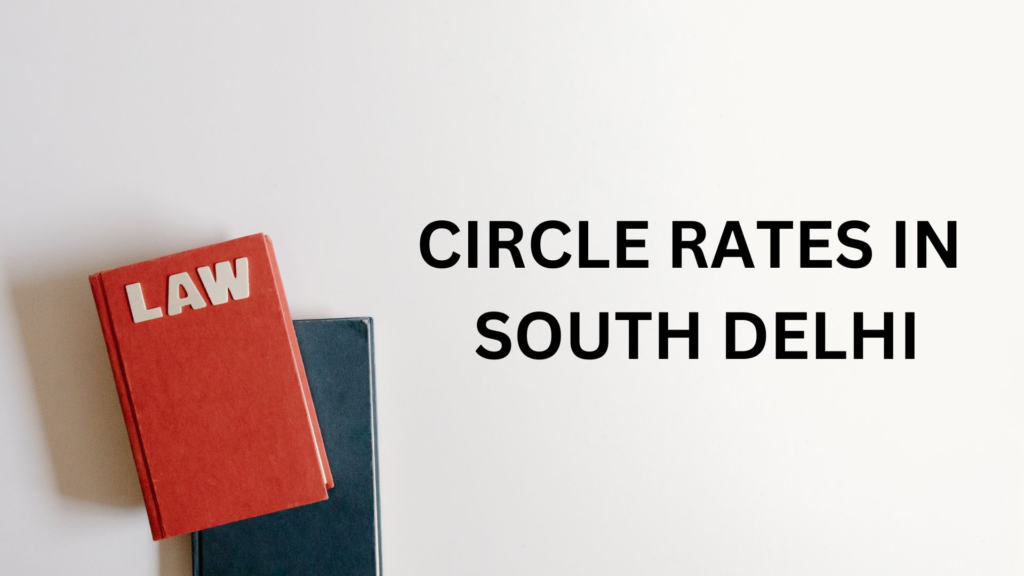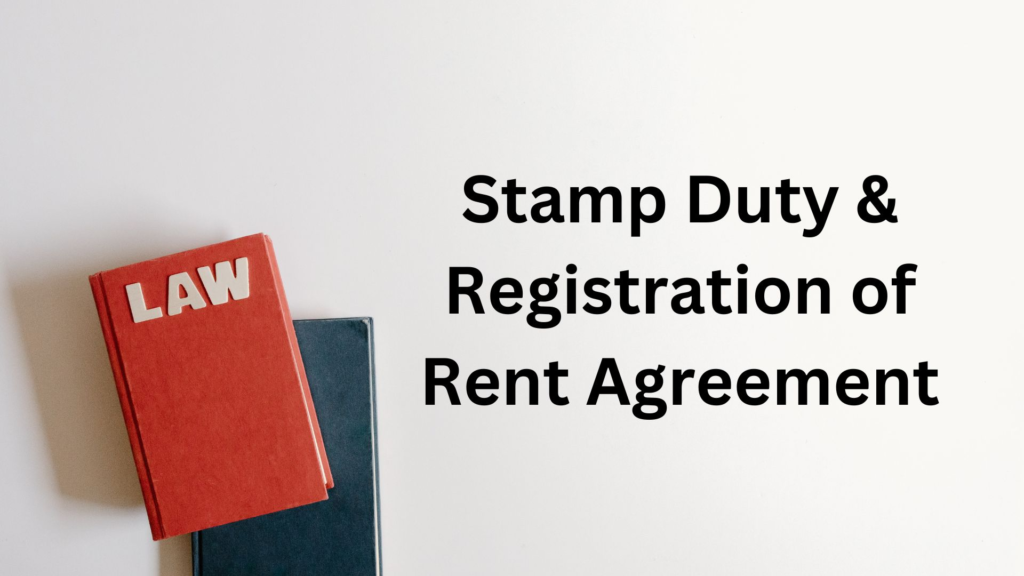What Is Property Title Due Diligence? A Complete Guide to Property Title Verification
When purchasing real estate, one of the most crucial steps is conducting Property Title Due Diligence, also known as property title verification. This legal process ensures the property you intend to buy is free from disputes, debts, or legal risks, and that the seller has clear and marketable ownership.
✅ What Is Property Title Due Diligence?
Property due diligence is the legal and factual investigation of ownership documents, encumbrances, approvals, and all related aspects before finalizing a property transaction. This is essentially the “homework” a buyer must do to avoid fraud, future litigation, or financial loss.
🏷️ Types of Property Titles
- Marketable Title: A title with no legal disputes or reasonable doubt.
- Good Title: A property free from encumbrances like mortgages, liens, or legal claims.
📚 Key Laws Governing Property Title in India
- Transfer of Property Act, 1882
- Indian Registration Act, 1908
- Indian Contract Act
- Hindu Succession Act
- Indian Succession Act
- Indian Stamp Act
These laws collectively govern the legality of property ownership, transfer, inheritance, and sale.
📄 How Is Property Title Verified?
Title verification involves examining legal documents and deeds such as:
- Sale Deeds
- Gift Deeds
- Partition Deeds
- Lease Agreements
- Relinquishment Deeds
A thorough investigation ensures:
- Seller has legal ownership.
- Property is free from encumbrances or loans.
- Taxes and utility bills are paid up-to-date.
- No pending litigation or legal claims.
🏠 Freehold vs. Leasehold Properties (Important in Delhi NCR)
In Delhi, bodies like DDA and L&DO often allot leasehold properties.
- Leasehold Property: Ownership stays with the government; selling requires prior permission.
- Freehold Property: Full ownership transferred to the buyer. Easier to sell, transfer, and mortgage.
Leasehold to Freehold Conversion can be done via the Ministry of Urban Development policy.
✅ Checklist for Property Title Due Diligence
1. 🔍 Clear Title Papers
Ensure the seller has an unencumbered and lawful title. Check title documents for at least 30 years, or a minimum of 12-15 years, at the Sub-Registrar’s Office.
2. 📂 Inspect Original Documents
Always ask for original title deeds. If lost, ensure:
- FIR is lodged.
- Certified copies from Sub-Registrar are obtained.
- A public notice is issued regarding purchase via certified copies.
3. 🧾 Property Tax Verification
Verify if municipal taxes are paid. Tax is a first charge on the property.
4. 💸 Encumbrance Certificate (EC)
Obtain a Non-Encumbrance Certificate from the Sub-Registrar to confirm the property is free from legal or financial liabilities.
5. 🏦 Bank Loans / Mortgages
If the property had a loan, request:
- Full loan repayment proof.
- Release Letter from the bank.
6. 📝 Bank Approval
If major banks have approved the property for loans, it’s usually a sign that it has legal clearance.
7. 📰 Issue a Public Notice
Publish a notice in two local newspapers inviting objections to the sale. This protects the buyer from unknown claims.
8. 🏗️ Building Plan Approval
For under-construction or recently constructed properties, check:
- Municipal approval of building plans.
- Regularization (if there’s any deviation).
9. 🔌 Water / Electricity Dues
Check and clear any pending bills from BSES (electricity) and Delhi Jal Board (water).
10. 👦 Minor’s Property
Properties owned by minors require court approval for sale. Failing to obtain this can void the transaction.
11. ⚖️ Litigation Check
It is also very important to verify whether there is any litigation or any court case pending with respect to the property under sale. There is a possibility that injunction / stay might have been granted by the court or title of the property is in dispute.
The doctrine of Lis Pendens is applied in such cases which embodies that the subject matter of a suit should not be transferred to a third party during the pendency of the suit. In case of transfer of such immovable property, the transferee becomes bound by the result of the suit. Party to the dispute may or may not give notice to the Sub-Registrar about the pendency of the dispute so the absence of such notice being on record at the Sub-Registrar office shouldn’t lead to a conclusion that the property is not under dispute.
It is difficult to find out whether the property is under litigation. Buyer can make online verification by searching on various legal search engines available to ensure no ongoing legal dispute on the property. Use online tools like:
12. 👪 Joint Family or HUF Property
Property disputes among families are not uncommon. Very often in such disputes, doubts arise as to whether property acquired by individual members of a Hindu joint family would be treated as the property of the individual or as a part of the property of the Hindu joint family. Joint family properties (especially under Hindu Law) cannot be sold without consent from all co-owners (coparceners), unless sold by a Karta under specific conditions.
13. 💰 Income Tax Clearance & Stamp Duty
Ensure compliance with:
- Section 230A of Income Tax Act (if applicable).
- Stamp duty and registration under Section 17 of the Registration Act.
🧠 “Buyer Beware” – A Legal Reminder
According to Section 3 of the Transfer of Property Act, a buyer is expected to act diligently. If you fail to investigate or willfully avoid doing so, you will be deemed to have knowledge of any adverse facts affecting the title.
📝 Conclusion: Don’t Skip Property Title Verification
Property Title due diligence is not just a legal formality—it’s your safeguard against fraudulent sales, disputed ownerships, and legal liabilities. Engage a trusted real estate lawyer or legal expert, especially when dealing with high-value transactions or resale properties.
🔗 Useful Resources for Property Title Due Diligence
- Check Delhi Property Records Online
- Search Pre-1993 Records
- Delhi Sub-Registrar Offices
- Verify Water Bills – Delhi Jal Board
- Electricity Dues – BSES
Disclaimer: The information provided above aims to provide helpful information on the subject discussed. The information is meant to serve as a general guide and not meant to be used, as the ultimate source of information. The author is not responsible to any person or entity with respect to any loss, incidental or consequential damage caused or alleged to have been caused, directly or indirectly, by the information or any omission thereof.
Compiled by: Rahul Vaed © All rights reserved
For Consultation, please contact at +91 9971212323 – email [email protected]


